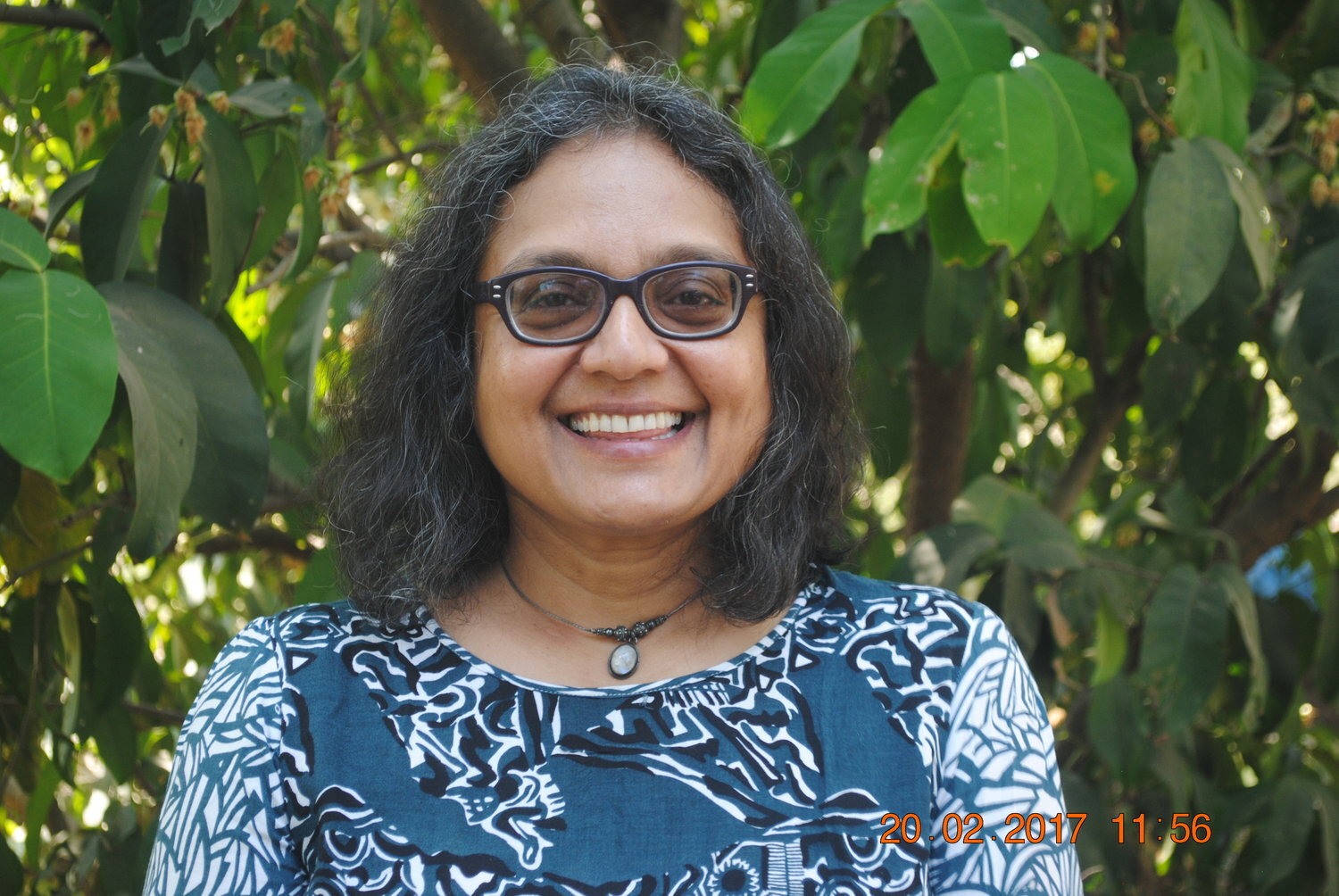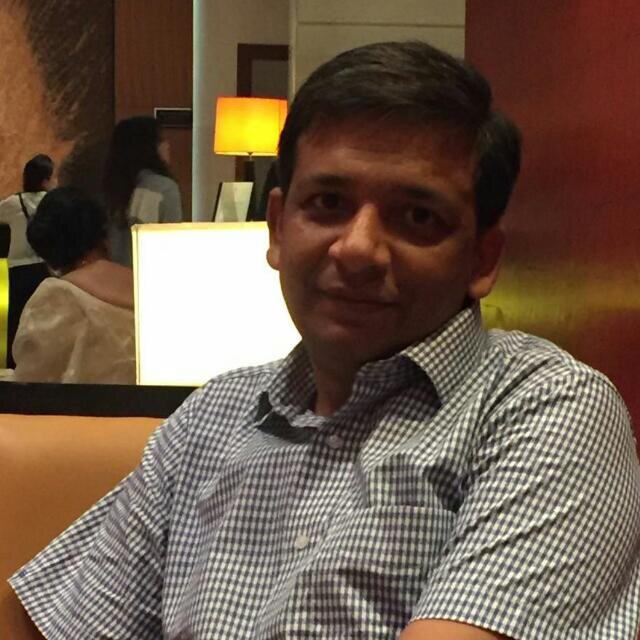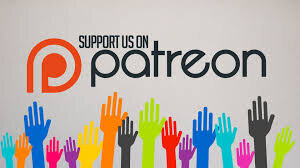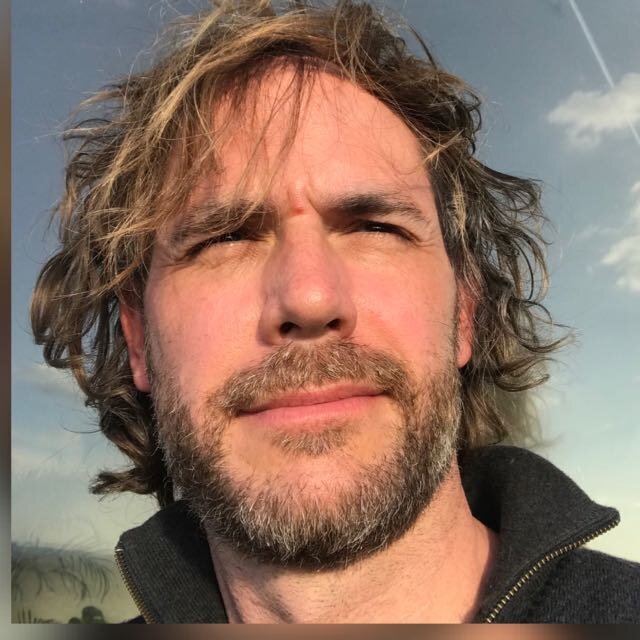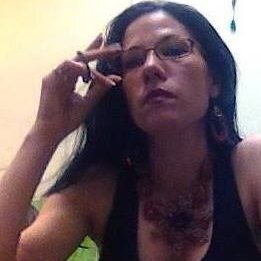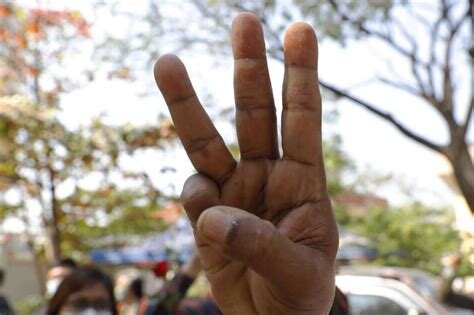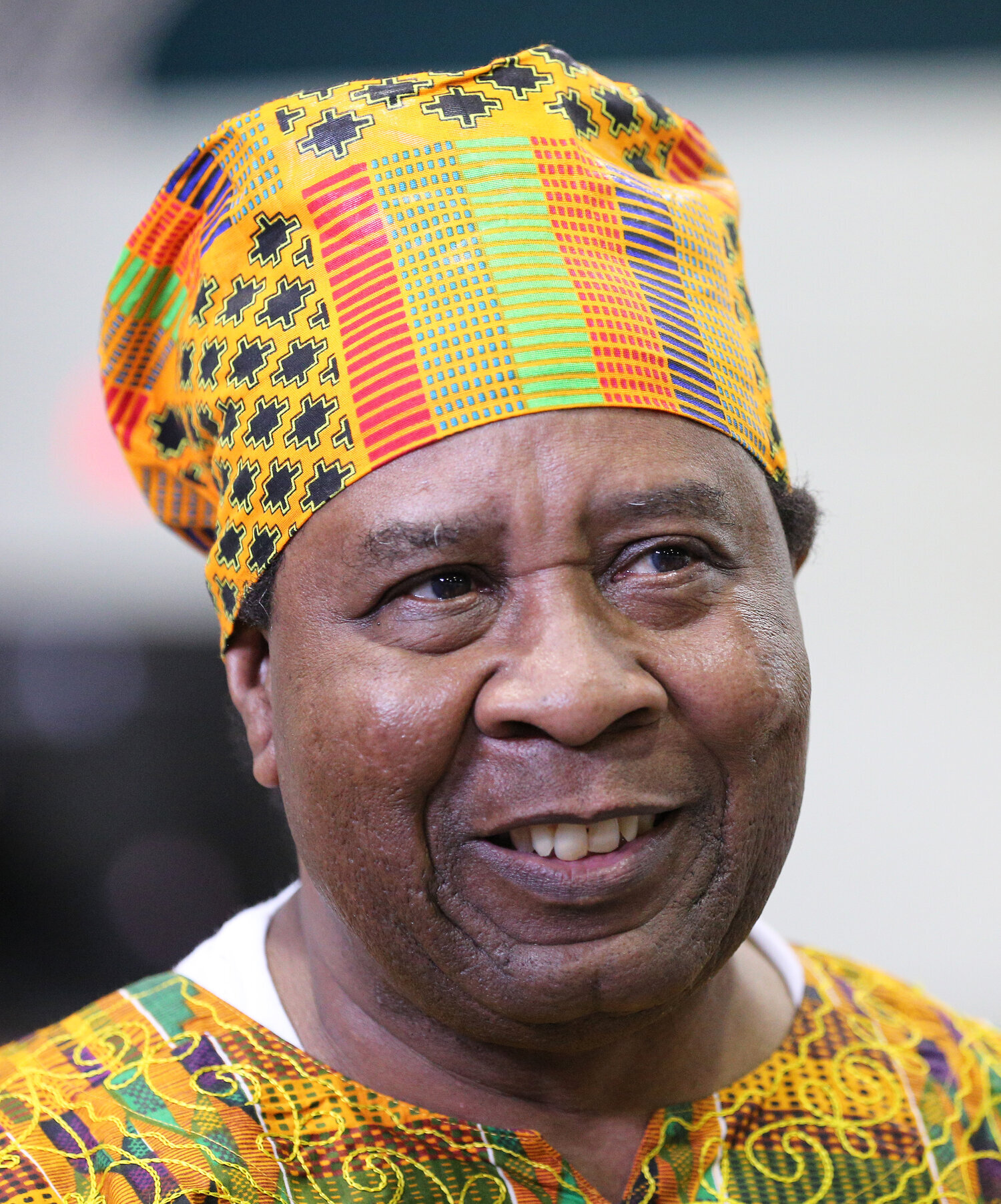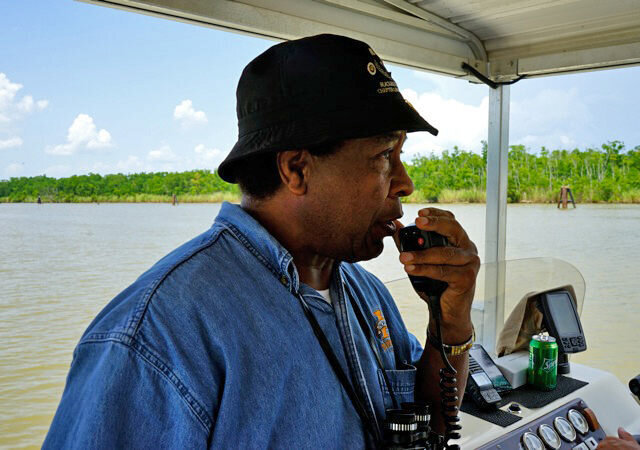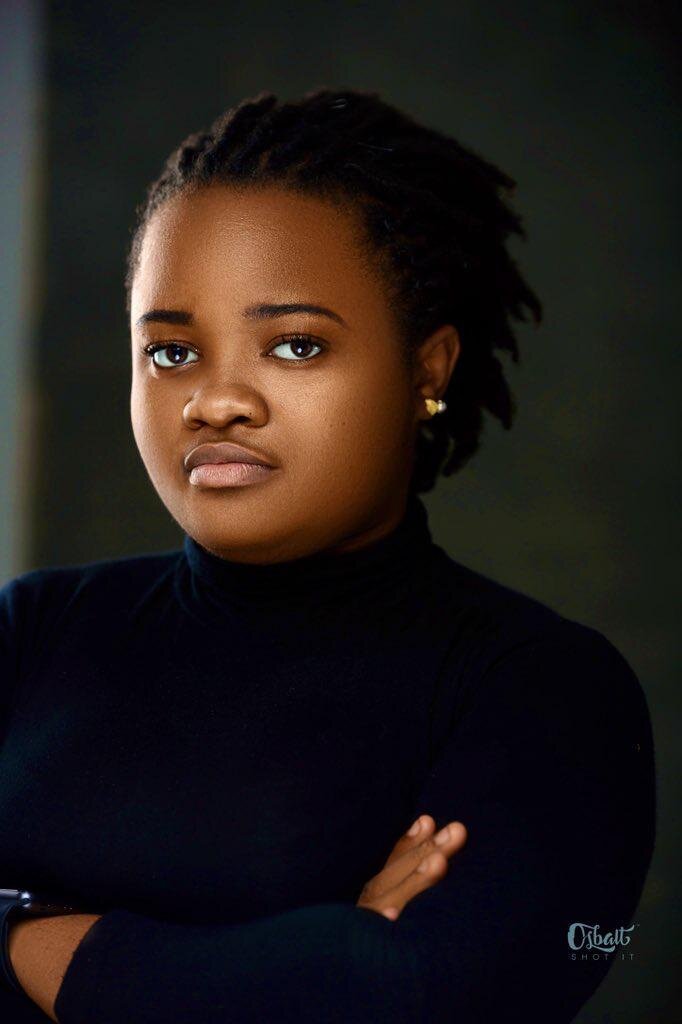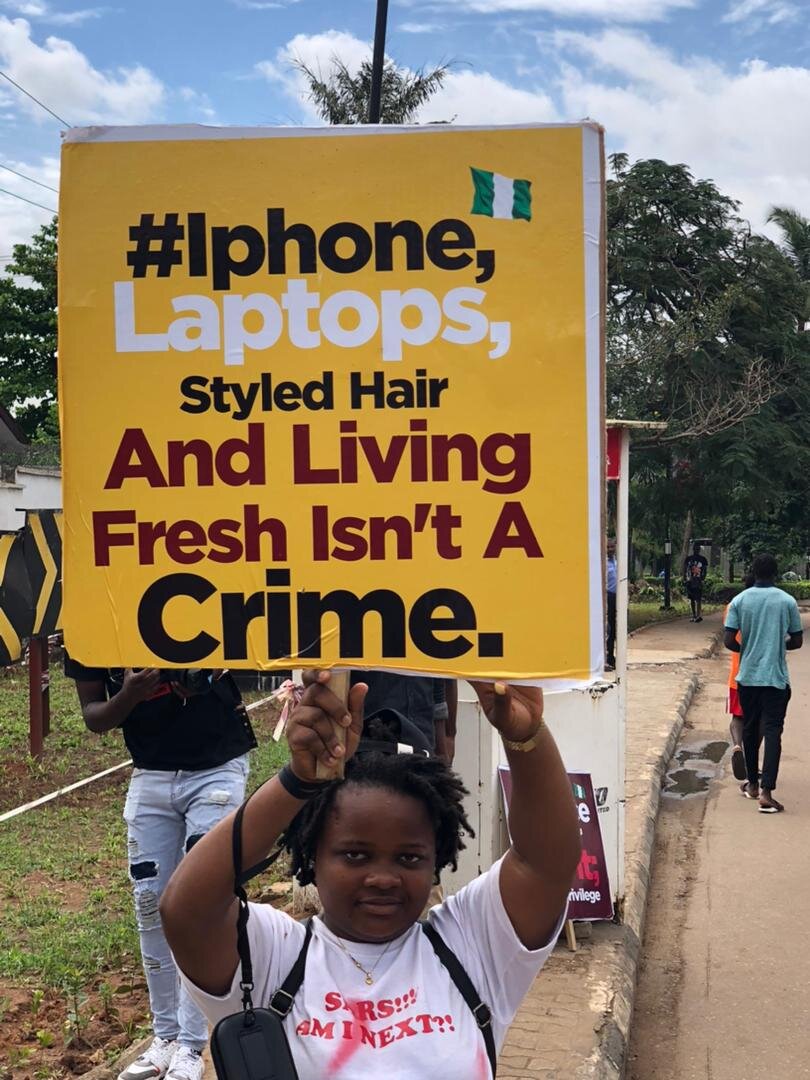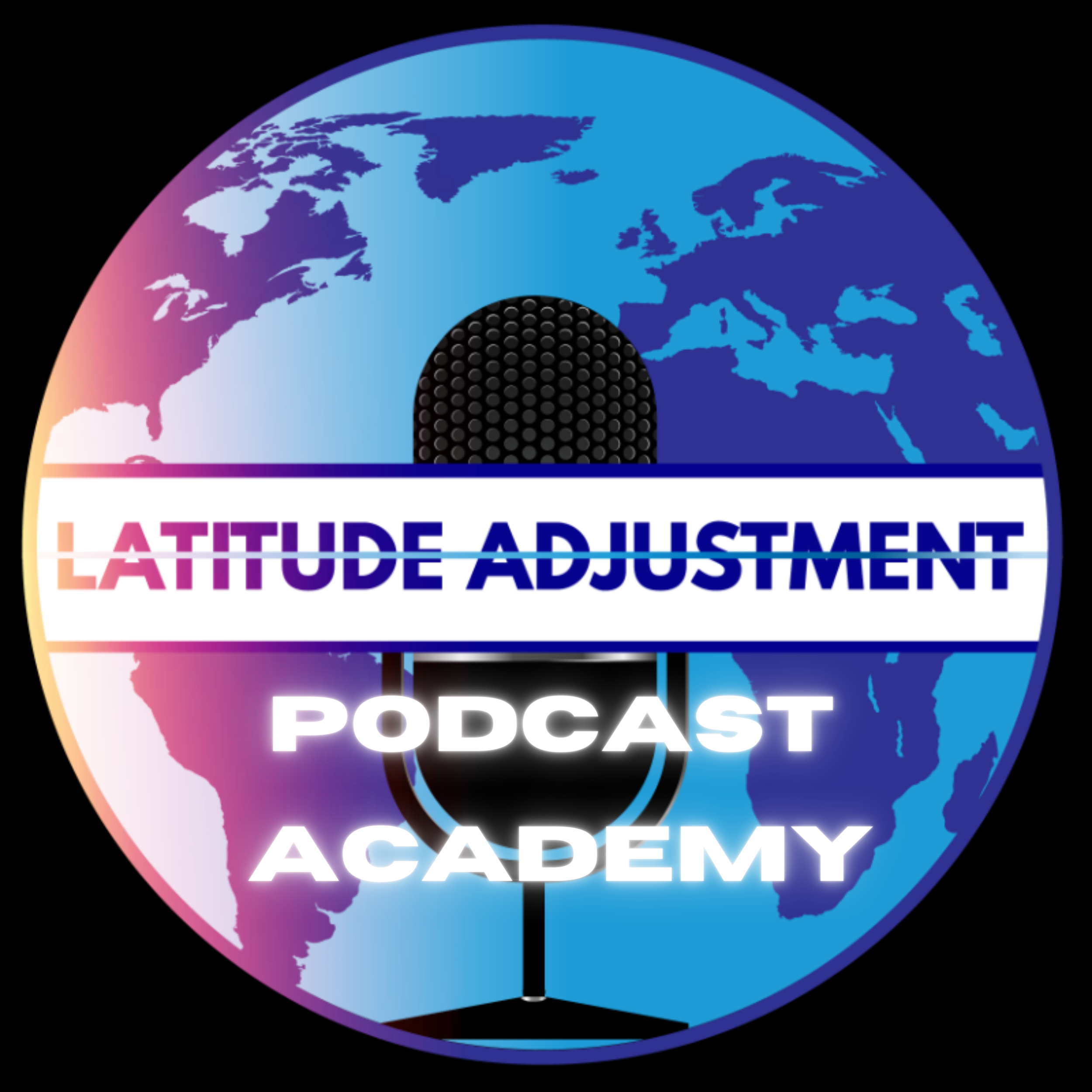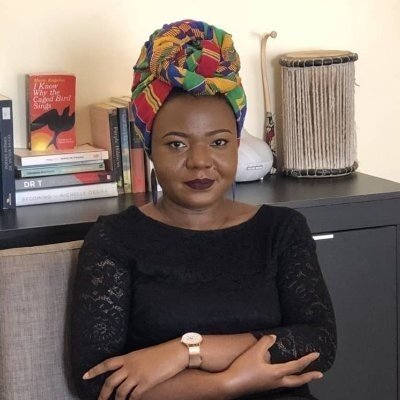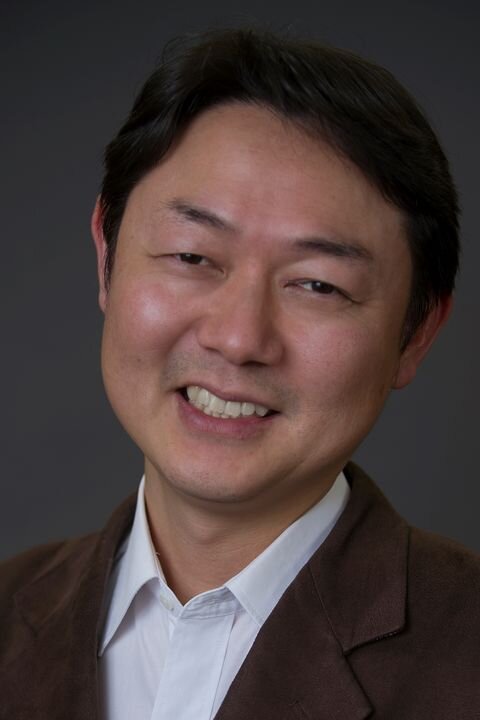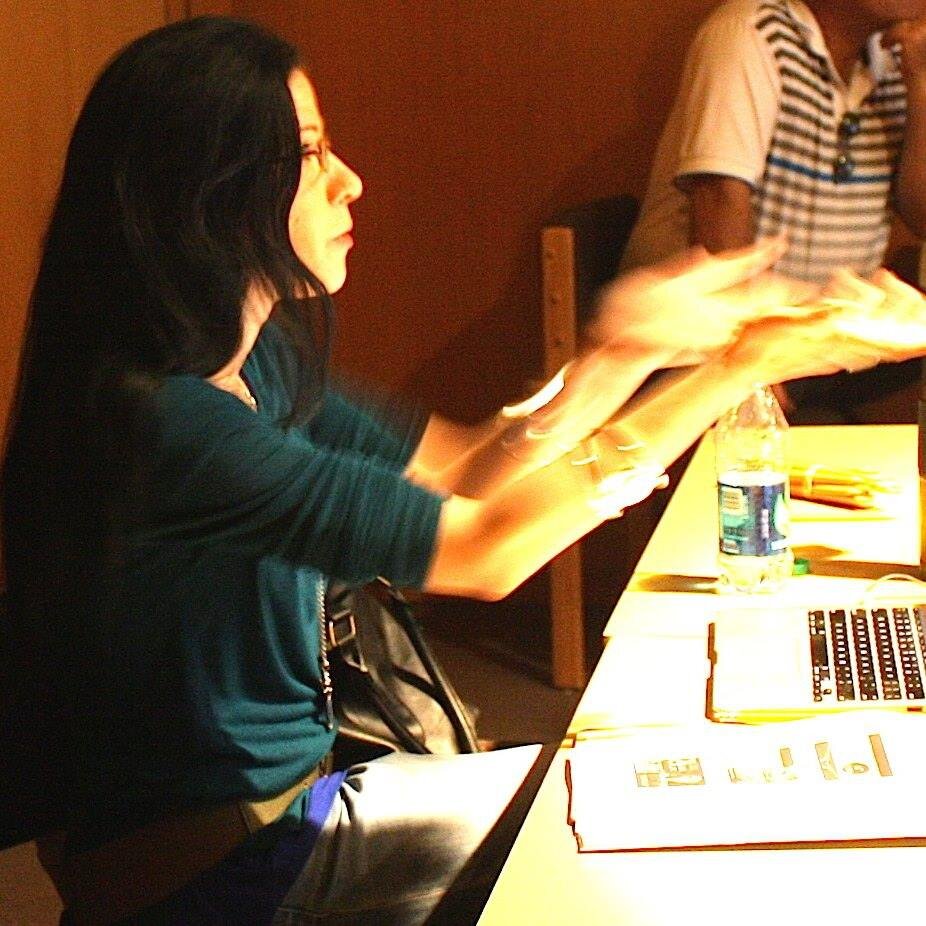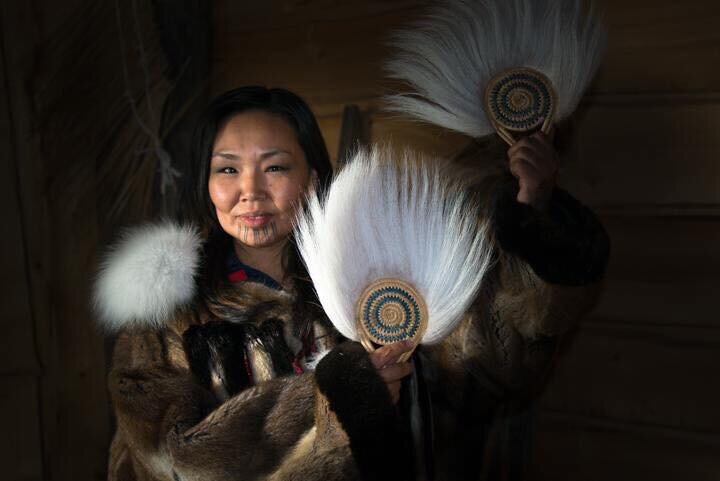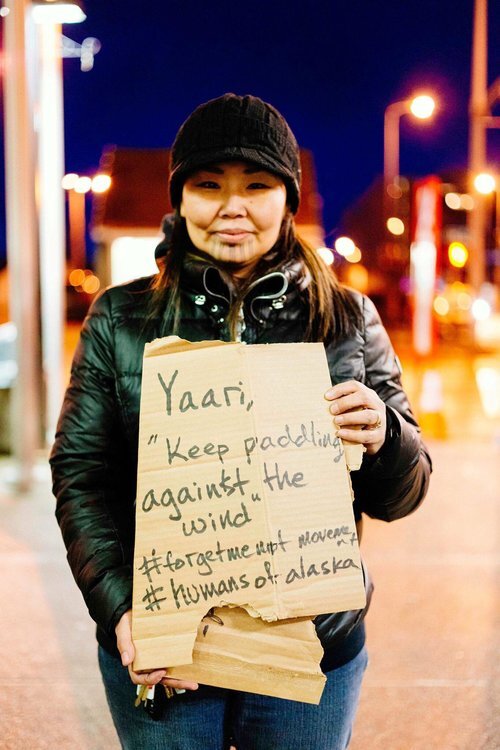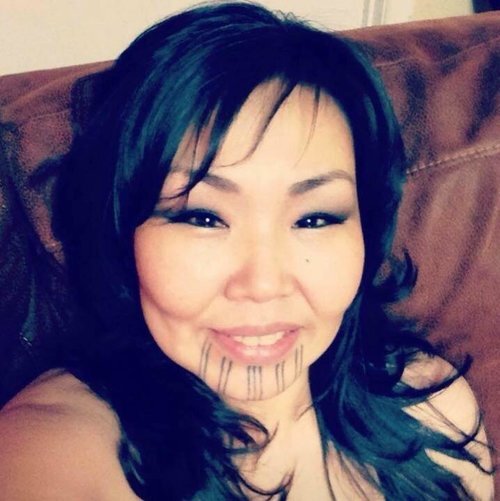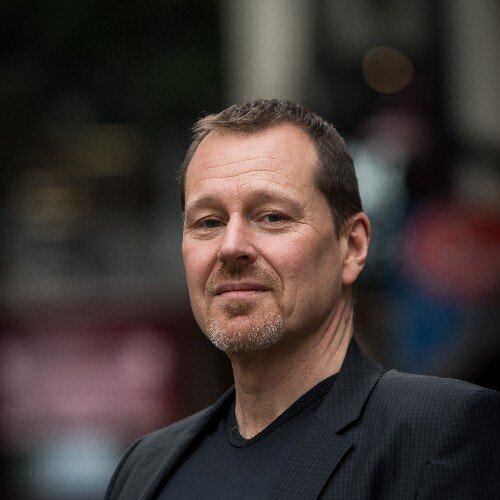For this episode we catch up with Indian journalist, and previous guest, Meena Menon to discuss the current status of press freedom in India, and in particular how the subject relates to reporting on the COVID pandemic. According to RSF (Reporters Without Borders) 2021 Global Press Freedom Index, India holds a rank of 142nd.
Be sure to catch part one of this two-part discussion about the current COVID crisis in India, as well as our interview with Meena, in Episode 25, about reporting in India, and from Pakistan as an Indian correspondent.
For those looking to get involved or to donate, these links have been suggested by friends in India. As always, be sure to do your homework and your own vetting before donating to any organization.
And you can learn more about the status of lifting patent restrictions on COVID vaccines here. Be sure to read to the end. There appears to be hope, but the issue is far from decided.
79: India's COVID Crisis
This episode is the first of a two-part discussion about the current situation in India. Those following the world news headlines for the past few days will be aware that that Mumbai and its surrounding state of Maharashtra are at the epicenter of an epicenter of COVID cases, with India far and away leading the world, and with an infection rate that shows no signs of slowing down during its second wave.
According to a BBC report:
“In January and February, the national number of daily cases fell to under 20,000 from peaks of around 90,000 in September last year.”
However on Tuesday May 4th more than 357,000 cases were reported in the span of 24 hours.
Hospitals and staff are at their breaking point, with many out of basic life sustaining supplies like oxygen plants and oxygen cylinders, with a resulting black market emerging to address the demand. Quite simply, people are getting infected and dying faster than they can be counted, and even the facilities for cremating the dead have been overwhelmed.
Our guest is Amitabh Sinha, an editor with the Indian Express, based in Pune, about 150 kilometers from Mumbai.
Be sure to check Episode 80 for the second part of our discussion, where we speak with journalist Meena Menon about the poor state of press freedom in India and how it relates to reporting on the pandemic.
For those looking to get involved or to donate, these links have been suggested by friends in India. As always, be sure to do your homework and your own vetting before donating to any organization.
78: What Can Forests Teach Us?
Perhaps one of the least represented perspectives we’ve covered on this show is that of the forests that feed and shelter us, provide our medicines, replenish our soil, sustain our wildlife, color our landscapes, and which address the most basic of all human needs, the need to breathe.
Originally from Chile, Nicolas Salazar Sutil currently resides in the UK. Nic founded the Charity Guardians Worldwide in 2019 in response to wildfire emergencies happening around the world. With a focus in eco-restoration, systemic transformation and Indigenous led education, Guardians designs and delivers online courses featuring ecological apprenticeships, indigenous forest schooling, forest and eco-restoration placements, traditional ecological knowledge and more.
There’s also a time sensitive matter that we would like to bring to your attention. Nicolas’ organization is about to start “Follow the Land”, a transformational online course on land consciousness featuring a physical/ live streaming pilgrim's walk in South-East England followed by placements in four amazing European wilderness destinations.
Guardians Worldwide is also steering a fundraising campaign entitled The Clootie Tree to support five indigenous forest guardians in the Amazon, Atlantic and Valdivian Forests of South America.
See details for joining and supporting these initiatives below.
Guardians Worldwide: GWW is a UK based charity that supports forest and river guardians worldwide through eco-restoration, cultural transformation and indigenous-led education. Our work supports over 30 guardians in different parts of the world, encompassing over half a million hectares of primary forest.
Clootie Tree Campaign:
Guardians Worldwide is involved in a small fundraising campaign to support post-covid relief in the Amazon, Atlantic and Araucaria forests of South America. Your suport will go toward the work of five forest guardians Flay Guajajara, Tawana Kariri-Xoco, Haru Kuntanawa, Alex Melinir and Yanda Tawra.
Bonus: The Problem With "Peace Projects" In Palestine
For this bonus episode I’m going to be doing something I’ve rarely done on this show, I’m not going to interview anyone. This is me speaking with no notes or preparation, just off the cuff and from the heart about some issues that have weighed heavily on me for a long time, issues that I think a lot of people in my line of work are afraid to talk about, especially in the US. It deals with why we rarely see Western media and Western nonprofits representing the perspectives of Palestinian youth with any depth or nuance.
I first recorded the following remarks as a video on my phone. If you want to watch the video version you can find the link to the original Facebook post here.
Revisited: No Name Kitchen (with update interview)
For this re-released episode we include the entirety of our original interview completed in late 2018, and we catch up with Bruno for a detailed update about his current work with No Name Kitchen. If you want to skip to the new interview from April 2021, it starts at: 43:43
Bruno Morán is from Asturias, Spain, and is a co-founder of No Name Kitchen, an NGO that provides food, sleeping bags, basic necessities, and a community space for refugees in transit along the Serbian and Bosnian borders with Croatia.
In addition to providing basic services, No Name Kitchen has also become a primary point of contact for those who have been pushed back from the Croatian border, and as a result the organization has found itself involved in documenting and sharing the growing number of reported abuses by the Croatian border police against those who are seeking to cross into the EU, people who have no legal means of registering themselves in bordering countries.
In this episode we cover what is happening on the ground, the practical challenges of running a small front line organization, and some advice on how you can get involved in global events in your community.
77: How Counter-Terrorism Laws Harm Minorities
Less than a week after the January 6th attack on the US Capital building attorneys Diala Shamas and Tarek Ismail co-authored a piece for the Washington Post titled, "Calling the Capital riot 'terrorism' will only hurt communities of color."
Our conversation explores some of the less publicized consequences of anti-terrorism legislation and law enforcement priorities going back decades, to the Oklahoma City bombing in 1995.
Diala Shamas is an attorney with the Center for Constitutional Rights in New York and Tarek Ismail is an associate professor at the CUNY School of Law.
76: White Supremacist Infiltration of US Military & Law Enforcement
We speak with Dr. Amanda Rogers about infiltration of the U.S. military and law enforcement by white supremacist and white nationalist groups, and provide a brief history and contemporary overview of white supremacist movements in the U.S.
Be sure to check out Dr. Rogers’ recent article, “Dismantling White Supremacist Infiltration of the Military and Law Enforcement,” as well as our previous interview on the troubling history and application of “Terrorism”, in episode 70 of this podcast: “The Terrorism Discourse”.
Dr. Amanda E. Rogers is a fellow at the Century Foundation visiting assistant professor of Middle Eastern studies at Hobart and William Smith Colleges, with expertise in political violence and non-state armed groups, ranging from ISIS to Christian Identity neo-Nazis. She has a PhD in art history and Middle Eastern studies from Emory University. She has served as a subject matter expert for the U.S. Department of State, a consultant for the United Nations consultant on non-state armed groups and propaganda output, and commentator on international affairs for The Intercept, Al-Jazeera, BBC, and CNN, among others.
75: A Talk with a Myanmar Protestor
On February 1st, 2021, Myanmar’s military seized power in a coup in response to a sweeping electoral victory by Aung San Suu Kyi’s NLD party. The past few weeks have seen mass protests across the country by a diverse range of groups, and the military regime’s response has grown increasingly bloody, with night raids and detentions, and live rounds being used to maim and kill protestors.
We spoke to a young protestor in Yangon, Myanmar about what she has seen and to get her thoughts on the current situation in her country. Her identity has been concealed for her protection.
Photo credit sfgate.com, photographer unknown
Revisited: AfricaTown, USA (2 of 2)
In observance of Black History Month we’ve re-edited opening and closing thoughts to two episodes that were first published back in September of 2019. A lot has happened since then, but we felt that the conversation and the history contained in these episodes is as relevant now as ever:
In this second of a two-part conversation I talk to Major Joe Womack (USMC-retired) about AfricaTown. Now part of Mobile, Alabama, AfricaTown was founded by survivors of the last slave ship to bring Africans to the US. And the shipwreck was just discovered in 2019. Joe was born and raised there and now he is leading a fight to prevent its ongoing exploitation and pollution by toxic industries. It’s a story that goes to the heart, not only of the Deep South, but of America’s failure to reconcile itself to the darkest chapters of its history. It’s also a story of how those events might be used to breathe new life into a struggling community.
Joe Womack (photo credit, Mike Kittrell, Birmingham Times)
Revisited: AfricaTown, USA (1 of 2)
In observance of Black History Month we’ve re-edited the opening and closing thoughts to these two episodes, first published back in September of 2019. A lot has happened since they were first published, but the conversation and the history contained in these episodes is as relevant now as ever:
Now part of Mobile, Alabama, AfricaTown was founded by survivors of the last slave ship to bring Africans to the US. The shipwreck was discovered in 2019. Joe Womack (USMC-ret) was born and raised there and is now leading a fight to prevent its ongoing exploitation and pollution by toxic industries. It’s a story that goes to the heart, not only of the Deep South, but of America’s failure to reconcile itself to the darkest chapters of its history. It’s also a story of how those events might be used to breathe new life into a struggling community.
Joe Womack (photo credit Carol Adams-Davis)
74: Nigeria and Global Solidarity Against Police Brutality
In October of last year a brutal killing at the hands of Nigerian police was captured on video. It quickly went viral across the country, across, Africa, and then around the world. The police involved in the killing belonged to Nigeria’s SARS unit, short for “Special Anti Robbery Squad”. The notorious SARS unit has long been known for acts of extortion, abuse, sexual harassment and violence, torture, and murder, and as the #EndSARS hashtag started to trend on social media, young Nigerians poured out onto the streets to protest and to voice their outrage against SARS and against the corrupt and oppressive system that it has come to exemplify.
The #EndSARS movement started to gain more international attention as members of the massive Nigerian diaspora organized protests and raised supports, and as parallels between the demands of Nigeria’s youth and the demands of #BlackLivesMatter became more prominent.
Our guest today, Rinu Oduala. A 22 year-old woman in Lagos, Nigeria, Rinu played a key role in the viral #EndSARS campaign, helping to mobilize both Nigerian youth and international support. This episode should be a valuable source of information not just for those following Nigeria and Africa, but for those who wish to see systemic change against police brutality and impunity, and government complicity, around the world.
This episode also marks our first selection for Black History Month. Look for more episodes in February and be sure to check the links to previous episodes below.
Additional Resources:
Previous Episodes to Check Out for Black History Month:
Special: Introducing Latitude Adjustment Podcast Academy!
Latitude Adjustment returns to Lesvos to launch a new phase of our programming, a podcast academy!
Over the next several weeks Latitude Adjustment Podcast will be working with students and asylum seekers from the Refocus Media Labs team to help them produce their own podcasts. Be sure to look for their episodes in the coming weeks.
This special episode will also update you on major events that have taken place on Lesvos since we left in February. A lot has happened.
As you wait for the release of our students’ episodes be sure to follow our progress on Instagram, and check out our four-part series about Moria and the conditions of refugees in Greece, from earlier this year
If you would like to support our efforts you can sign up for a monthly contribution through our Patreon page. Stay tuned for more in the coming weeks!
73: Africa, Race, and Racism in the Aid Community (2 of 2)
This episode is the second of a two-part conversation with Tity Agbahey. Tity is an attorney and a staffer at Amnesty International. Based in Senegal, her current work focuses on central Africa, though her previous work has focused elsewhere on the continent, and her life and travels have taken her to points beyond.
This pair of episodes should appeal to two types of listeners, those who know what it feels like to be the only one who looks like you in your university class, in your staff meetings, or on a discussion panel at a conference, and those who don’t but who want to understand.
This is also a conversation about colonialism, paternalism, and racism in one of the last places you should expect to find it, in the international aid and development sector. It’s also a conversation about the world’s general ambivalence towards African suffering, the benefits and limitations of African to African-American solidarity, privilege within an African cultural context, racism in France, internalized colonialism, an African perspective on racism in the US, and everything else we could think to get off of our chests during a very open conversation.
72: Africa, Race, and Racism in the Aid Community (1 of 2)
This episode is the first of a two-part conversation with Tity Agbahey. Tity is an attorney and a staffer at Amnesty International. Based in Senegal, her current work focuses on central Africa, though her previous work has focused elsewhere on the continent, and her life and travels have taken her to points beyond.
This pair of episodes should appeal to two types of listeners, those who know what it feels like to be the only one who looks like you in your university class, in your staff meetings, or on a discussion panel at a conference, and those who don’t but who want to understand.
This is also a conversation about colonialism, paternalism, and racism in one of the last places you should expect to find it, in the international aid and development sector. It’s also a conversation about the world’s general ambivalence towards African suffering, the benefits and limitations of African to African-American solidarity, privilege within an African cultural context, racism in France, internalized colonialism, an African perspective on racism in the US, and everything else we could think to get off of our chests during a very open conversation.
Also it is in no way our intention to suggest that the opinions and points put forth in this episode represent the full depth and breadth of views held by 1.3 billion Africans. This is not the first, and it will certainly not be the last conversation about Africa and its 54 nations on this show, and we sincerely hope that you will check out our back catalogue and listen to previous episodes on related topics, from contemporary politics and economics in Zimbabwe, social entrepreneurship in the DRC, the Fulani people, and the role of women in Sudan’s ongoing revolution, to name just a few.
Revisited: Episode 18 - Escape from Afghanistan
This re-release episode closes with a short update interview with Abdul, completed in November of 2020. The original show was published in December of 2018.
The update-interview starts at 59:18.
Abdul Saboor worked with the US military in Afghanistan before having to flee the country after receiving death threats and having several friends and family members killed by the Taliban. What followed was an overland odyssey across Pakistan, Iran, Turkey, the Balkans, and back and forth across the EU, until he was able to claim asylum in France, where he currently lives. Along the way he endured prison, forced labor, beatings, deportations, and kidnapping. His is one of the more remarkable stories of resilience that I have come across in my years of traveling and working in the Middle East and anywhere else in the world. And he’s an amazing photographer.
We were connected by the people at No Name Kitchen, a Spanish NGO that provides food, sleeping bags and supplies, and a community space for the growing numbers of refugees stuck in Serbia and more recently in Bosnia.
Abdul recommends that you support the following organizations working in Calais:
The Wood Yard
Refugee Community Kitchen
L'Auberge des Migrants
71: Transforming Conflict in the US and Beyond
Being at a loss as to how to manage the political conflicts within my own social circle I reached out to my old professor, Tatsushi Arai, to learn how Americans might apply the principles of Conflict Transformation to our interactions at the personal, professional, and community levels, whatever the outcome of the US election.
But it should be noted that this discussion is not specific to America, and that Dr. Arai has worked all over the US and all over the world as both an educator and as a field practitioner, mediating conflicts in West Asia, East Asia, Africa, and between more groups, and in more places, than we have room to list. Every community stands to benefit from a better understanding of this much undervalued, underutilized, and much misunderstood field of the social sciences. So, wherever you’re listening from, and whoever you’re voting for in your next election, or if you’re simply hoping to have a free election, you’ll likely find something in our conversation that can make engaging with your fellow citizens both more civil and more productive.
Tats’ book: Creativity and Conflict Resolution - Alternative Pathways to Peace
70: The Terrorism Discourse
For all of the movies, books, and policy debates on the topic, and given that the largest, most expensive, and longest hot war in US history is being waged in its name, why isn’t there a coherent and consistent definition for Terrorism? Get ready to rethink everything you think you know about this word and its application.
Our guest is visual anthropologist Amanda Rogers PhD, a specialist in analyzing the propaganda of Islamic State.
Host’s closing remarks at 1:16:14
69: Armenia - Azerbaijan War
Since September 27th there has been a resurgence of armed conflict in the Caucasus between the small nations of Armenia and Azerbaijan over the disputed enclave of Nagorno Karbabakh, or Artsakh as it’s known in Armenian. The backstory to this decades-old conflict is complex, so be sure to check the documentary films linked to below if you would like to do a deeper dive into the historical context. And be sure to check out our previous two-part episode on Armenia, Armenians, and Armenian-ness as well.
In short, Nagorno Karabakh is an ethnic-Armenian-majority enclave within the nation of Azerbaijan, and the conflict, at least as it’s commonly framed, is one of territorial integrity for Azerbaijan and of ethnic autonomy and self-determination for the region’s Armenian population. In a referendum that was boycotted by the territory’s Azeri population, the parliament of Nagorno Karabakh declared its desire to be united with the Republic of Armenia in 1988, as the Soviet Union was dissolving. Tensions erupted into a bloody war between 1992 and 1994, and when a ceasefire was signed in 1994, the Republic of Armenia and the Armenian population of Nagorno Karabakh had secured de facto autonomy for the territory as well as a buffer area of occupied Azeri land around it. The body in charge of overseeing negotiations is known as the Minsk Group and its foreign counterparts include Russia, the United States and France. And that is more or less where things have remained frozen since 1994, with the notable exception of a few bloody skirmishes. That is until late September of this year when fighting started along the so-called “line of contact” between Nagorno Karabakh and Azerbaijan. What has transpired since is full scale war, complete with the extensive use of drones, heavy shelling, and missile strikes which has resulted in heavy damage and casualties in civilian areas. At the time of publication a very unstable ceasefire negotiated by Russia has been in place since October 10th, but before the ink was dry there were already reports of violations coming from either side.
Our guest is Emil Sanamyan, a fellow at the University of Southern California’s Institute of Armenian Studies.
Revisited: Episode 16 - Indigenous Alaskan
For our first ever re-released episode we decided to commemorate Indigenous Peoples’ Day with an audience favorite and one of our earliest shows.
Yaari Walker is a member of the Yupik tribe, and originally from the town of Savoonga, on St. Lawrence Island, Alaska. She now resides in Anchorage, Alaska, where, in addition to being an activist, author, and entrepreneur, she works at the Alaska Native Heritage Center. Yaari has been on a journey, as a survivor of physical abuse, substance abuse, and incarceration, to recovery, writing a book, starting a business in Native medicinals, activism, and going back to college to study Psychology. We cover a lot of issues facing indigenous communities in Alaska, North America, and around the world, as well as the issue of community itself and how industrialized Western society often seems to be at odds with the values of sharing, communal responsibility, and compassion.
A warning that we talk about addiction and substance abuse, physical and sexual abuse, and the legacy of boarding school placement amongst the indigenous communities of North America. For those who have personally been through these traumas, or who have loved ones who have, just a note that some parts of this show may be upsetting.
Made in Alaska
68: Last Censor in the Western World
David Shanks is the Chief Censor for New Zealand. As his title implies he is responsible for determining what is and what is not fit for public consumption, what ratings should be applied to various media, as well as other less obvious details that highlight the elusive line between protected speech and speech that constitutes a danger to public safety. We first reached out to David’s office after the BBC highlighted a series of videos from the government of New Zealand encouraging parents to discuss online porn consumption and cyber bullying with their kids. One of the defining moments of David’s tenure as censor came when a terrorist live streamed the mass murder of 51 people during Friday prayers at a mosque and an Islamic center in Christchurch on March 15, 2019.
INTERVIEW STARTS: 5:41
CLOSING THOUGHTS: 1:03:38

